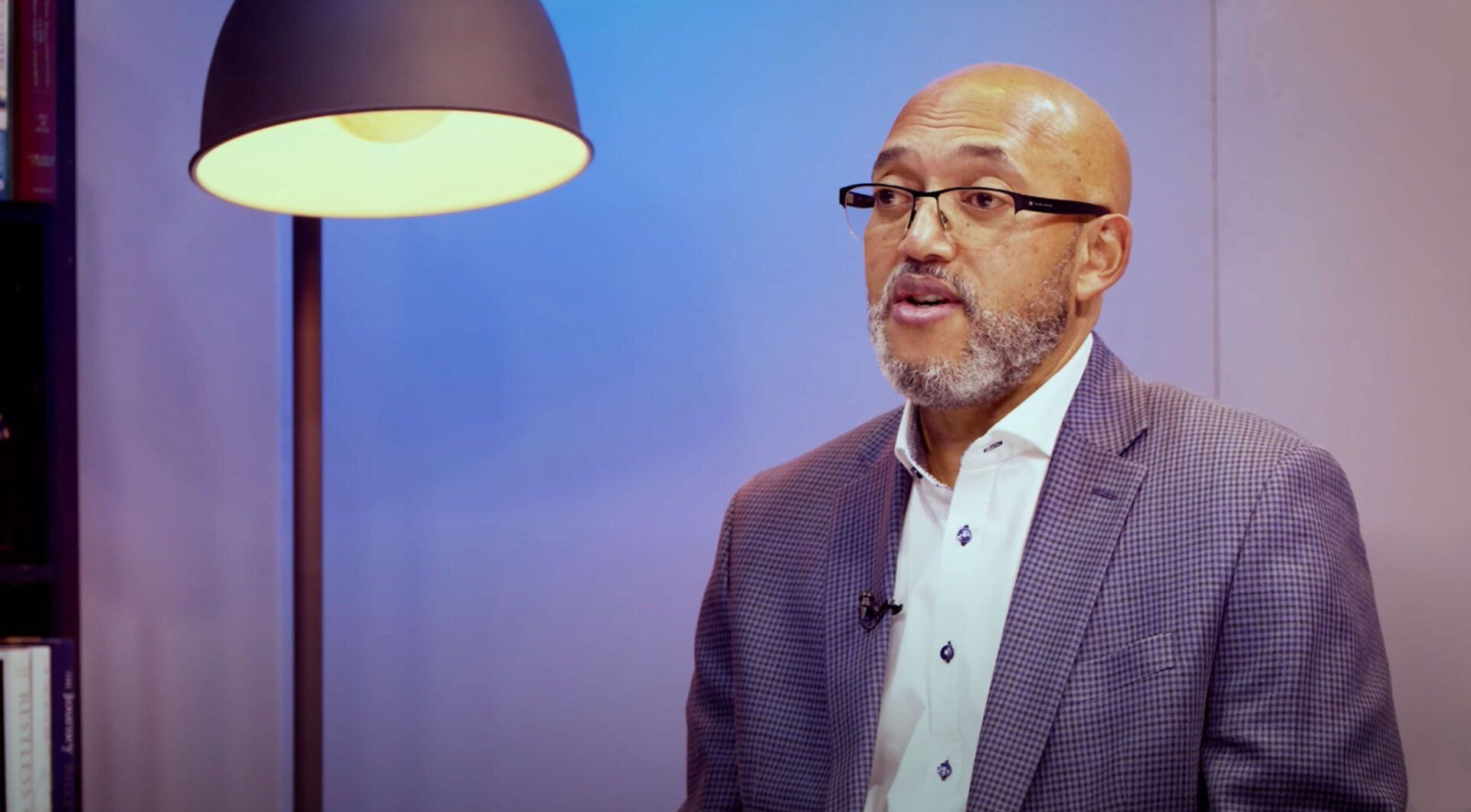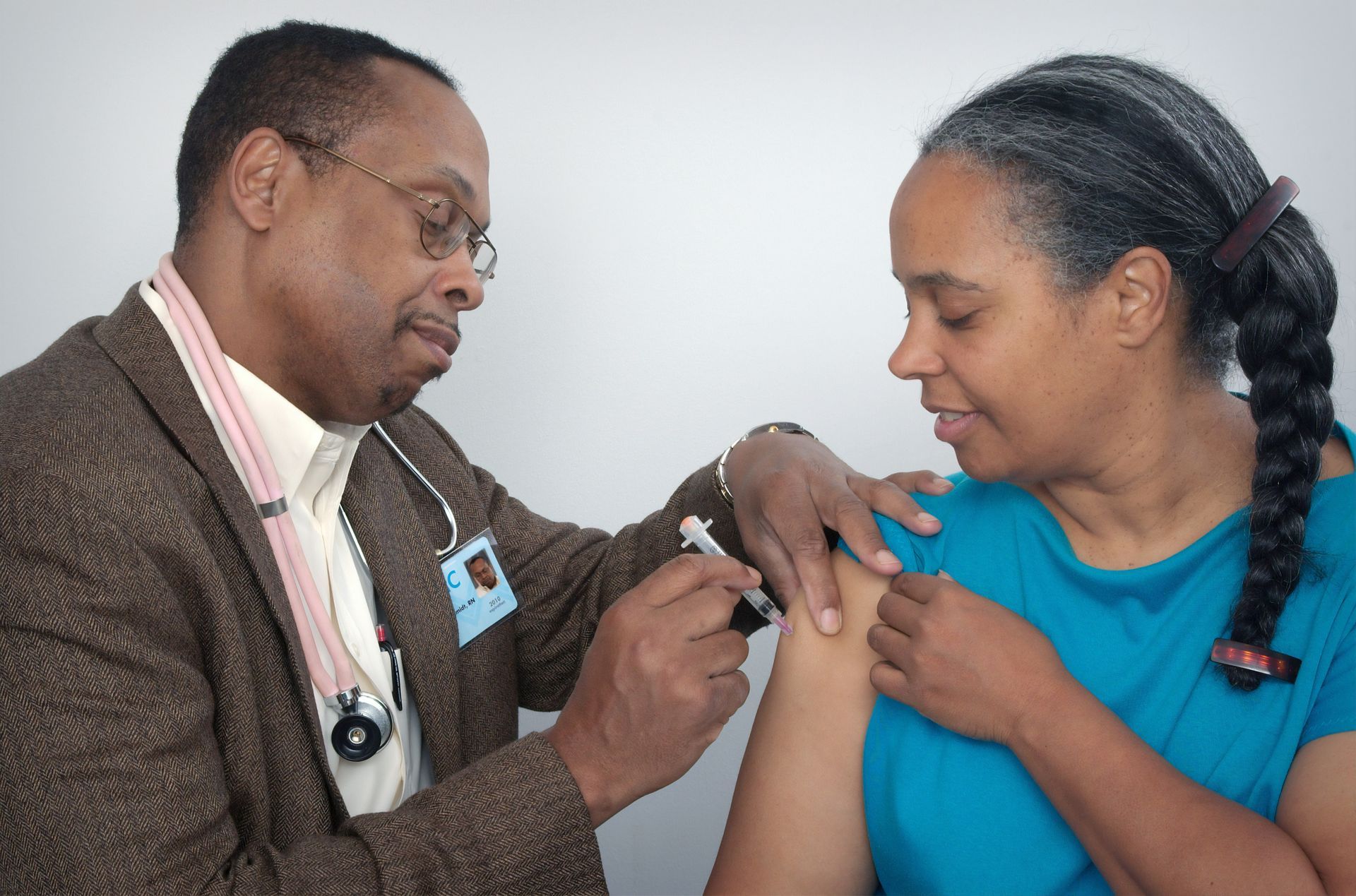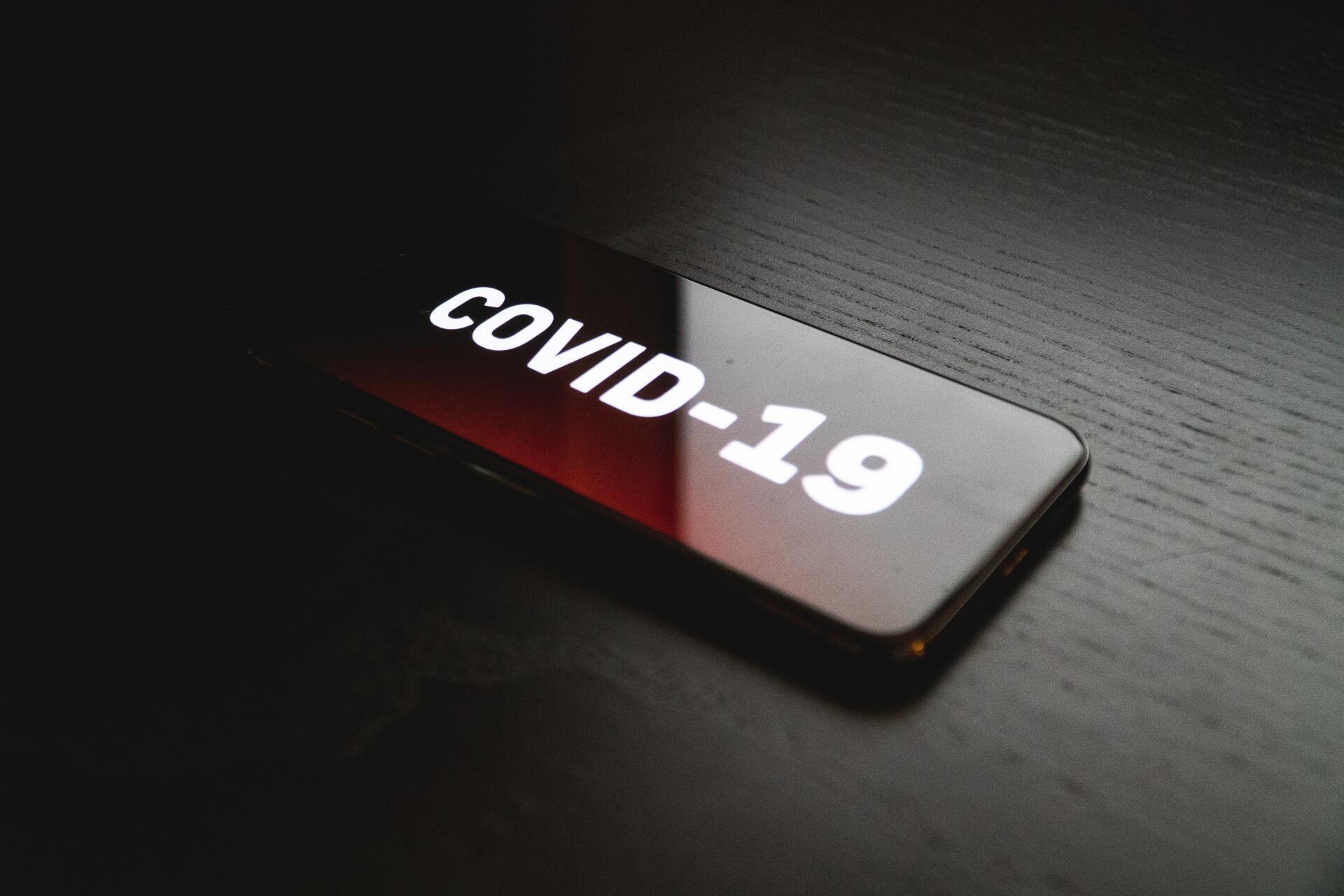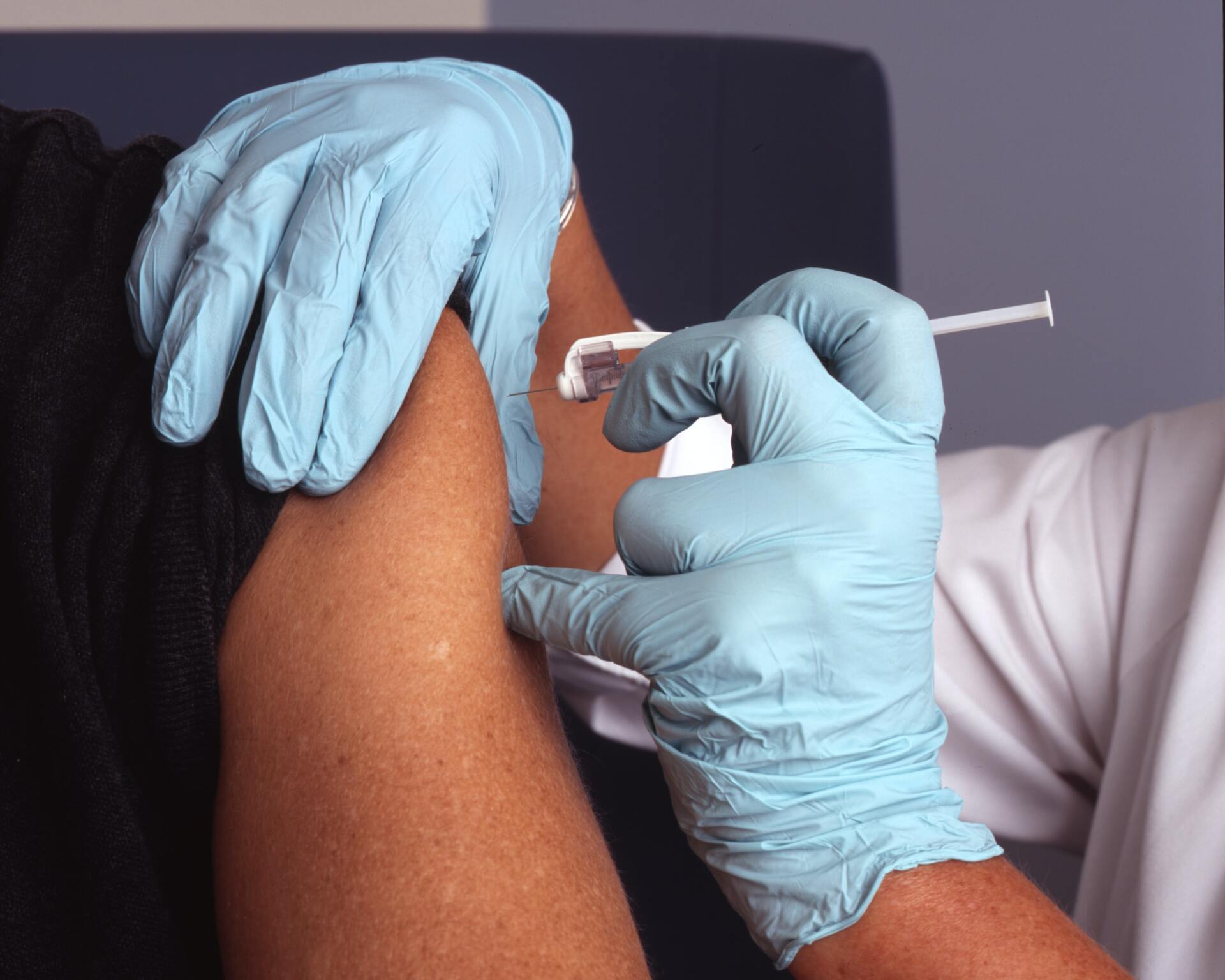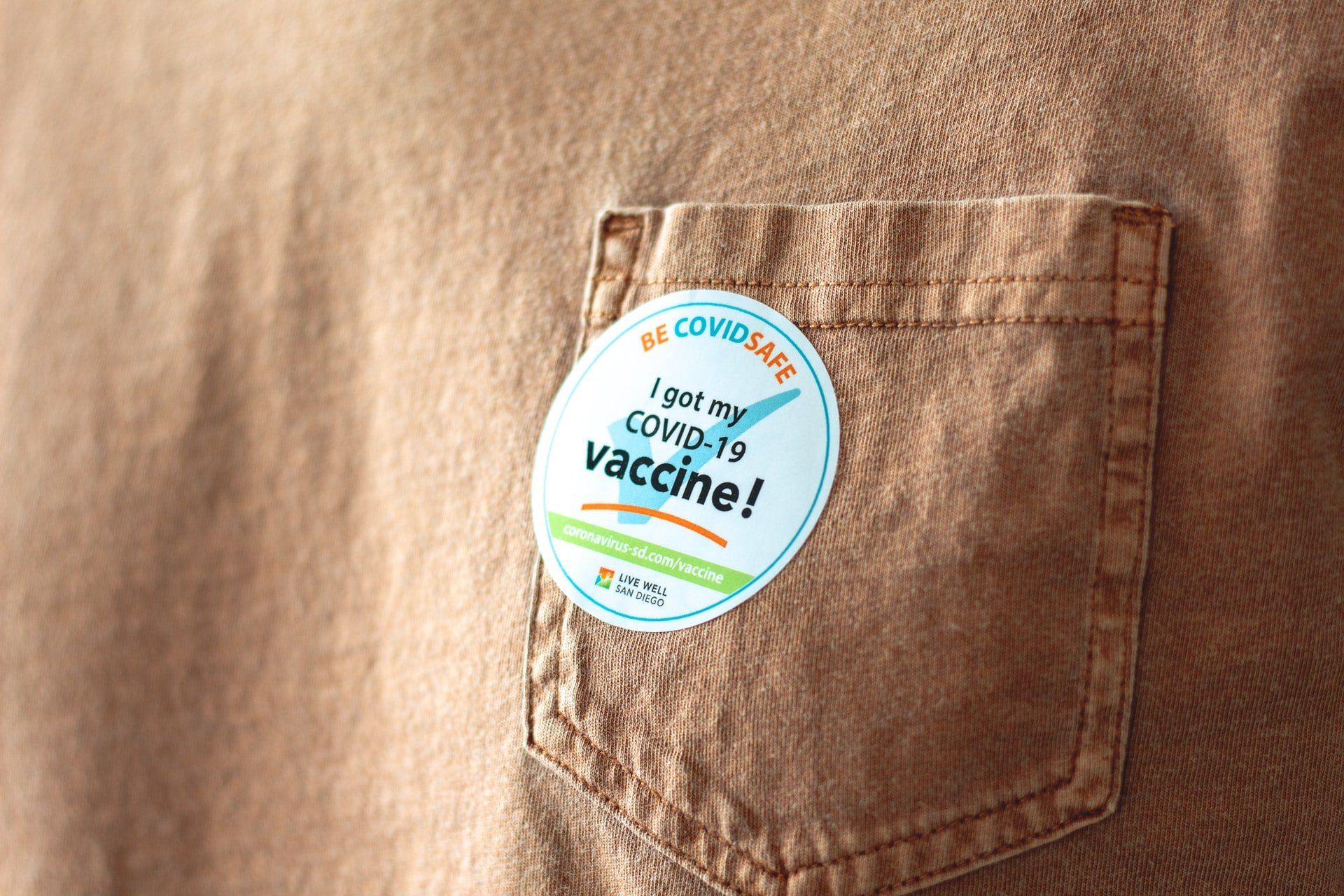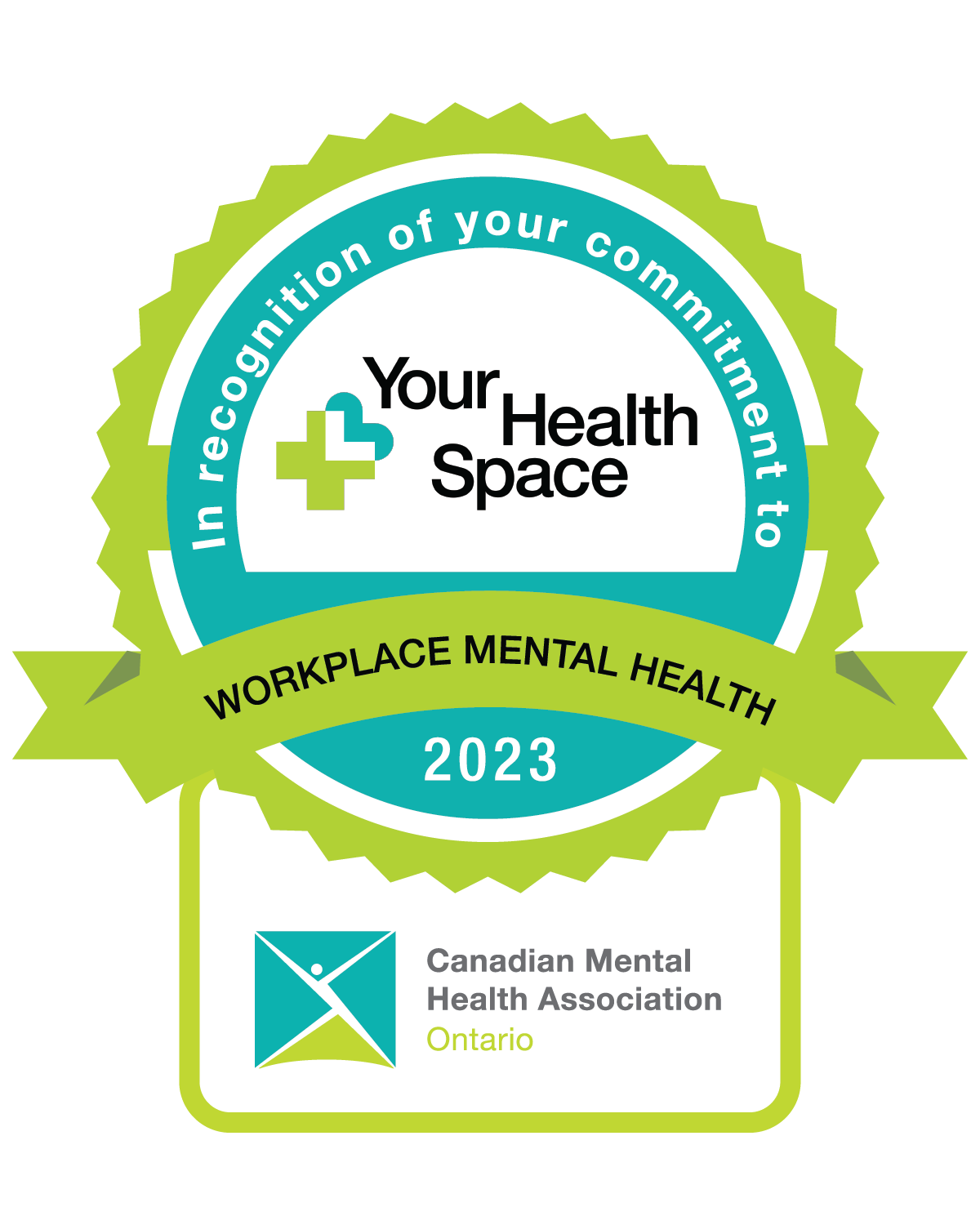Combating Social Isolation is a Phone Call Away
Companion calls helping to create social connections between isolated seniors and trained volunteers.
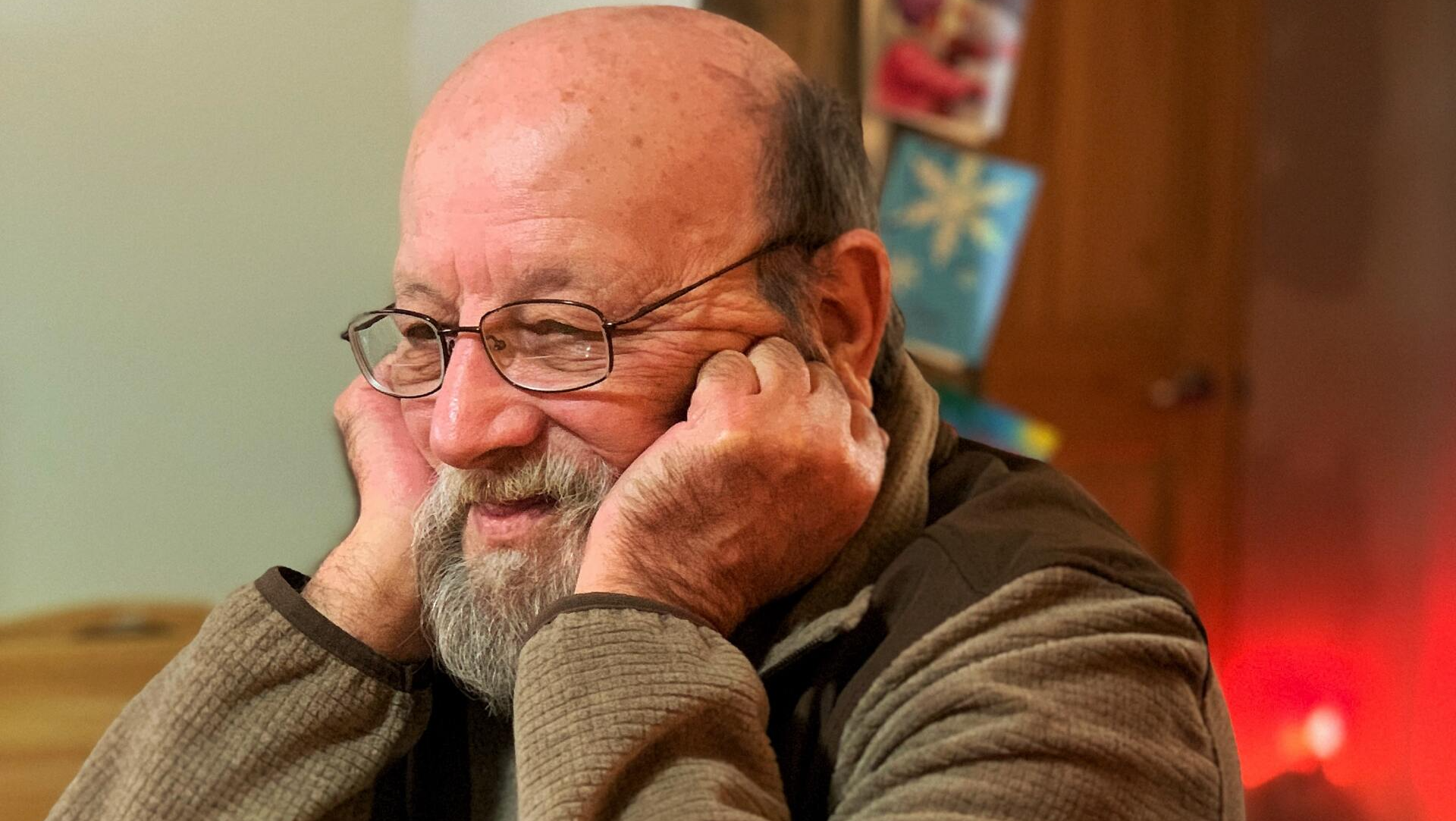
The health impacts of social isolation are a current and growing challenge faced by clients and service providers. COVID-19 further isolated many older Canadians and highlighted how many were already suffering from depressive symptoms and loneliness.
See Companion Call Program featured in Global Heroes
“Those who were socially isolated, experiencing poorer health and of lower socioeconomic status were more likely to have worsening depression as compared to their pre-pandemic depression status collected as part of the Canadian Longitudinal Study on Aging since 2011,” says co-author Parminder Raina, a professor in the Department of Health Research Methods, Evidence and Impact and scientific director of the McMaster Institute for Research on Aging.
To reduce isolation among our clients, Nucleus launched the Virtual Companion Call (VCC) program earlier this year. In partnership with CompanionLink and the Seniors Life Enhancement Centre (SLEC), the program created virtual social connections between isolated, frail seniors and trained volunteers through technology (phone, tablets).
Clients were matched with volunteer companions provided by CompanionLink, based on common interests and languages spoken. To date, 60 clients have participated in weekly connections, dramatically increasing the hours of engagement that clients received and providing them with newfound social interactions.
The program successfully recruited not only Nucleus clients, but seniors from across Central Region through our community partners. The program also enhanced access to care delivery for frail seniors transitioning to home from hospital by onboarding clients residing on the Central Registry waiting list awaiting service.
We are in the process of conducting an impact evaluation of the program. The interim data suggests that clients feel the program has reduced their feelings of loneliness. At the start of the program, the majority of clients said they felt lonely “occasionally or a moderate amount of time” or “all of the time.” At the interim evaluation, of the clients surveyed so far, fewer rated their loneliness at those higher levels, while more of them reported feeling lonely ‘rarely or none of the time.” In addition, all clients surveyed so far have said they were ‘very satisfied’ or ‘satisfied’ with the program, that they have received social interaction through the program and that their companion has become an important part of their life. Client testimonials reinforce these preliminary findings:
“This program makes me feel so good. I am very thankful and very excited to be a part of it. It helps me have contact with other people and being connected with younger people helps me understand what is going on in the world in a different way," said a Nucleus client.
Clients were also provided tailored activity kits that included stretching and mobility exercises as well as social recreation activities supported by tablet-based applications. To encourage the use of the activity kits, volunteers received the same content digitally and participated in training provided by SLEC.
To prepare and empower volunteers, CompanionLink, in partnership with leading experts from the University of Toronto, designed and delivered six eLearning modules:
1. Volunteer Rights and Responsibilities (Risk Management)
2. Introduction to Companion Calls
3. The Art of Conversation with a Senior
4. Identify, Assist, Refer – recognizing and assisting crisis/needs of seniors.
5. Overcoming common Communication Challenges with Seniors.
6. Socialization and Communication with Seniors with Dementia.
Volunteers’ “aging literacy” – their knowledge of challenges facing older adults – is reinforced by monthly Community of Practice events hosted by CompanionLink, where volunteers share experiences, ask questions, and often hear from guest speakers. Of note, a preliminary evaluation has also shown benefit for the volunteers:
"CompanionLink has brought me so much joy. Not only have I formed a new connection with a different generation but I have also brought joy and happiness to someone who has been socially isolated. I have weekly calls with my companion and I look forward to them. I always learn something new and it brightens my day," says a CompanionLink volunteer.
A longer-term study on tablet adoption and loneliness is underway and the program continues to connect new clients with volunteers.
Want to make a referral to the Virtual Companion Call Program?
Access our referral form here.
Latest from Nucleus
